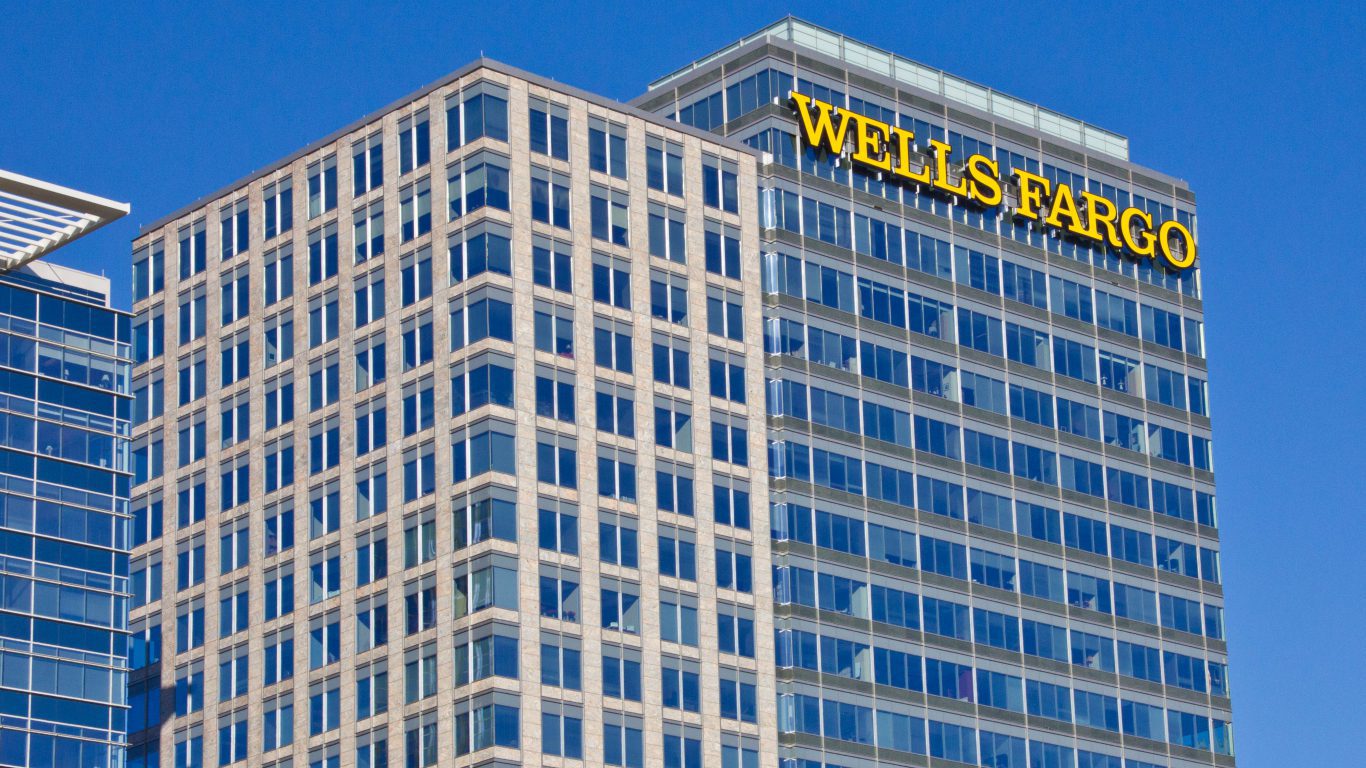
In a year when the S&P 500 index rose by more than 16% and the Dow Jones industrials rose by more than 7%, short sellers might have been expected to take a beating. After all, betting on stocks to drop when markets are soaring can be problematic.
In a report last week, S3 Analytics noted that the year-over-year mark-to-market change in short interest rose by $282.5 billion in 2020 but that a good deal of that ($174.6 billion) was offset by short sellers having to buy their borrowed shares in order to cover their positions. As the firm put it, “Short-side mark-to-market losses caused short squeezes in many shorted domestic equities/[American depositary receipts (ADRs)].” Ouch.
Short sellers finished the year down $245 billion in aggregate mark-to-market losses (net of financing) for an average return of negative 26%. Given the soaring values of technology and consumer cyclical stocks like Apple, Amazon, Tesla and Nio, it’s no wonder that short sellers had a tough year.
There were winning bets for short sellers, though, primarily in the energy and real estate sectors. In the energy sector, for example, short sellers posted a mark-to-market profit of $17.6 billion last year, while real estate sector profits chipped in another $3.1 billion.
The following table based on data from S3 Analytics shows the 10 most profitable stocks (or ADRs) for short sellers in 2020. Wirecard and Luckin Coffee provided the biggest payoffs after both were hit by financial scandals. The third column shows mark-to-market profit in dollars and the fourth shows the percentage profit to the stock’s average short interest.
| Largest Short Side Winners | Avg Short Interest | MTM P\L $ | MTM P\L % | |
|---|---|---|---|---|
| 1 | Exxon Mobile | $2,201,582,292 | $1,285,317,284 | 58.38% |
| 2 | AT&T | $3,907,862,419 | $1,264,417,225 | 32.36% |
| 3 | Raytheon | $1,716,844,855 | $1,202,108,119 | 70.02% |
| 4 | Luckin Coffee | $360,364,934 | $1,066,828,142 | 296.04% |
| 5 | Wells Fargo | $1,234,187,911 | $1,031,980,180 | 83.62% |
| 6 | Wirecard | $397,959,678 | $868,786,122 | 218.31% |
| 7 | Chevron | $1,625,194,640 | $831,376,494 | 51.16% |
| 8 | McKesson | $689,313,948 | $814,607,691 | 118.18% |
| 9 | Simon Property | $1,745,105,803 | $711,158,820 | 40.75% |
| 10 | Energy Transfer | $521,321,248 | $693,871,607 | 133.10% |
The five stocks that posted at least $1 billion gains for short sellers were offset by 52 stocks that posted losses of more than that amount. The largest short-seller killer was Tesla, which accounted for more than $40 billion in mark-to-market losses for short sellers last year. Tesla stock also had the highest average short interest last year at nearly $18 billion. Another big loser for short sellers was Plug Power, which cost shorts just $1.9 billion but a percentage loss of about 285% of average short interest of nearly $680,000.
S3 Analytics sums up the first few weeks of 2021 this way:
[W]e are seeing much the same short activity we had seen in 2020. Total domestic short interest has increased by $51 billion as the markets have rallied and pushed share prices higher. … We have seen $26 million of short covering so far in 2021 in the face of -$78 billion in net-of-financing mark-to-market losses. History may not repeat itself exactly, but so far in 2021 the storyline seems awfully familiar.
It’s Your Money, Your Future—Own It (sponsor)
Retirement can be daunting, but it doesn’t need to be.
Imagine having an expert in your corner to help you with your financial goals. Someone to help you determine if you’re ahead, behind, or right on track. With SmartAsset, that’s not just a dream—it’s reality. This free tool connects you with pre-screened financial advisors who work in your best interests. It’s quick, it’s easy, so take the leap today and start planning smarter!
Don’t waste another minute; get started right here and help your retirement dreams become a retirement reality.
Thank you for reading! Have some feedback for us?
Contact the 24/7 Wall St. editorial team.

 24/7 Wall St.
24/7 Wall St.



